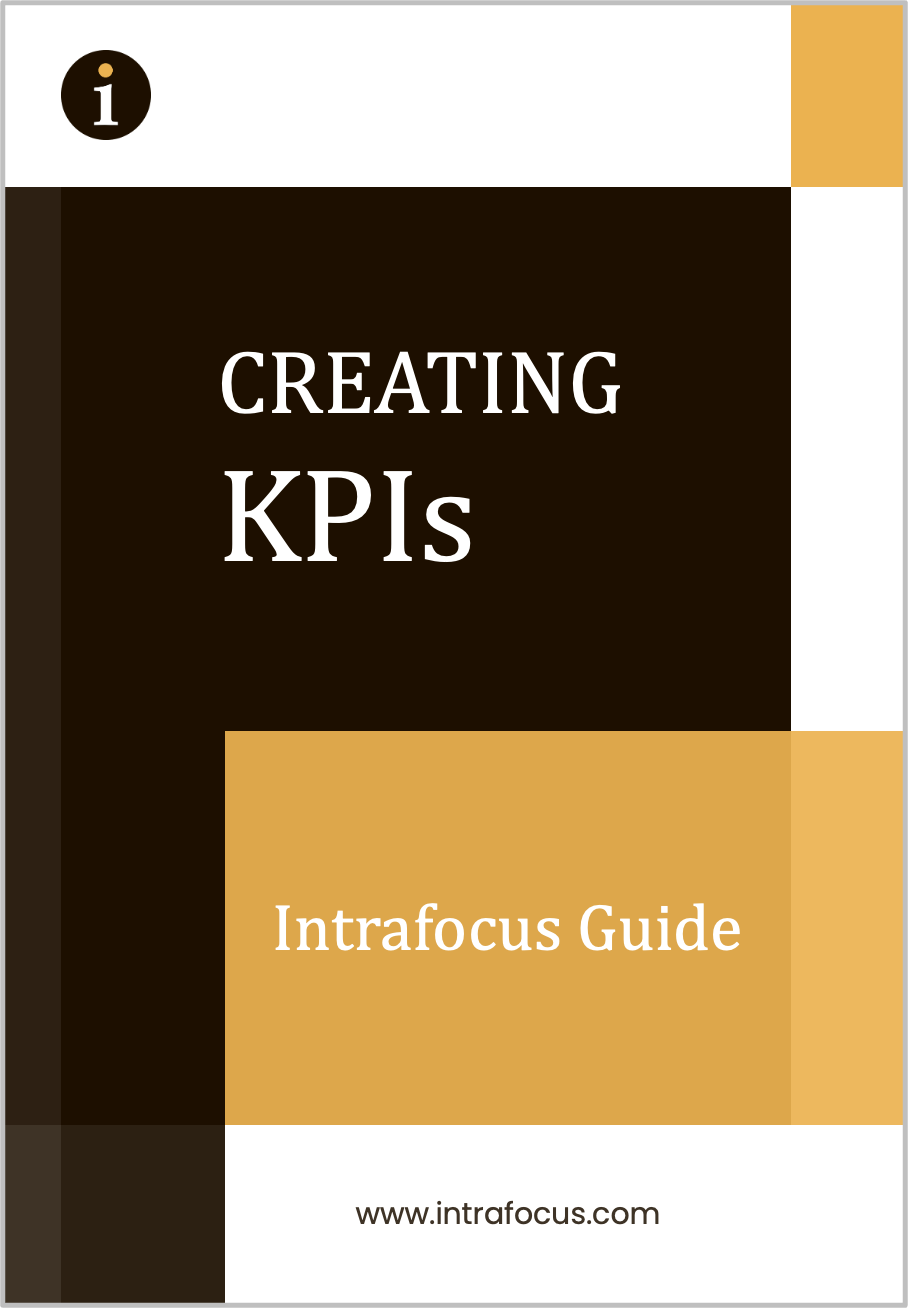As world leaders gather in Egypt for COP 27, consumers at home are making strides towards the net-zero economy with their own eco-friendly choices.
The rise of the eco-centric consumer is now so powerful that brands are rapidly having to evolve their business models to appeal to climate-conscious consumers. This new generation of shoppers is prepared to put its money where it counts – with brands and businesses that share their sustainable values.
The eco-centric consumer
This trend gained real traction during the pandemic as people became profoundly conscious of the fragility of the planet and its ecosystem. With more of the population forced to remain at home to battle a global pandemic, the shift in interest towards environmental issues escalated – further fueled by the changes rapidly seen when planes stopped flying, road traffic plummeted, and areas of intensive tourism began to naturally regenerate at speed. When PwC carried out its regular Global Consumer Insights Pulse survey in June 2021, it found that half of the world’s surveyed customers were factoring in environmental considerations when they shopped – compared to only 35% of survey respondents in 2019.
Today’s customers say that they are actively seeking out products and brands with environmentally-friendly packaging and supply chains, seeking to avoid single-use plastic, choosing companies that advertise their sustainability and taking broader steps to reduce their carbon footprint.
Trends in eco-friendly consumerism
These changing shifts in public perception and consciousness suggest that climate change awareness and sustainable consumerism are here to stay. And PwC has released further insights that can help brands to create powerful eco-friendly marketing strategies. For example, its research has found that:
- Half (50%) of consumers surveyed globally said they have become more eco-friendly in the past six months
- Asia-Pacific region customers show above-average levels of eco-friendly purchasing intent. For example, 74% of customers in the Philippines and 86% of customers in Vietnam make eco-friendly choices.
- This trend is also strong in the middle-East, with 68% of customers in Egypt saying that they are eco-friendly and 67% of customers in the UAE.
- For demographic groupings, Millennials are showing profound changes towards environmentalism – with those aged 23-26 the most likely to seriously factor in sustainability when they drop. Gen Z buyers lag behind due to cost differential perceptions of ‘green’ products.
- Homeworkers are more likely to be sustainable shoppers (56% compared to 48% of office workers)
- However, concerns about health and safety, driven by Covid, mean that 51% of consumers will buy single-use and disposable plastic, such as masks, wipes and paper towels, despite environmental concerns.
- It’s also interesting to note that there is still a strong group of sustainability sceptics who are less likely to shop in an environmentally friendly way. 44% of survey respondents were unmotived by sustainable shopping, and this group was more likely to convenience shop, be young and work away from home. This group said their motivations were driven by cost, lack of quality, limited product ranges and being short of time.
The ‘go-green trend’ looks here to stay. A focus is required on the eco-centric consumer.
It looks as though consumers will continue to seek out sustainable and eco-friendly products and services, particularly as choices increase and prices become more affordable.
What businesses can do to respond
Smart businesses can do so many things to show their commitment to sustainable business – and satisfy the eco-centric consumer in the process. For example, a business can:
- Show environmental stewardship by stripping single-use plastic out of its supply chain and working toward carbon neutrality.
- Use electric vehicles or even bikes for deliveries.
- Work with local suppliers to support communities and cut food miles
- Ensure that all partners and suppliers have sustainable working practices.
- Support environmental charities in different ways, such as fundraising or employee volunteering.
- Develop eco-friendly packaging that uses cardboard and plant fibres.
- Innovate in product and service development to remove polluting, non-sustainable and non-ethical business elements.
- Work with partners and suppliers using models such as Fair Trade to treat those businesses ethically and supportively, showing strong environmental stewardship and community benefits.
Many products are being completely reengineered from the beginning of their development process to factor in environmental and sustainability concerns. For example, some fashion brands use bamboo instead of man-made polyester fibres. Proctor & Gamble is working to devise cutting-edge new laundry products that work effectively in cold water whilst maximising clothing lifespan. Beauty brands are stripping plastics and chemicals from their products and incorporating natural products, botanicals, beneficial plant oils and essential oils.
Less of a trend and more of a direction
Sustainability is perhaps better thought of as a long-term direction, and the current market is a line in the sand. Environmentalism is no longer seen as a fad or trend but here to stay and will affect how all businesses operate – and all consumers buy. The eco-centric consumer needs to be included as part of your strategy.
Those brands that can be clear about their development processes, ethical partnering, clean operations, low-carbon manufacture, sustainable packaging, ethical hiring practices and so forth will find that they have the tools needed to thrive in the modern commercial world. In other words, they are thinking about the eco-centric consumer.
Businesses that can devise and communicate their environmental values in authentic, meaningful ways that really resonate with their customers can gain valuable custom from target groups with money to spend – and strong values. For brands that can continue to engage these customers as they reach ever-higher achievements in their sustainability journey, the rewards can be profound indeed – not just reputationally and in terms of protecting the earth, but also in terms of the fundamental bottom line.


